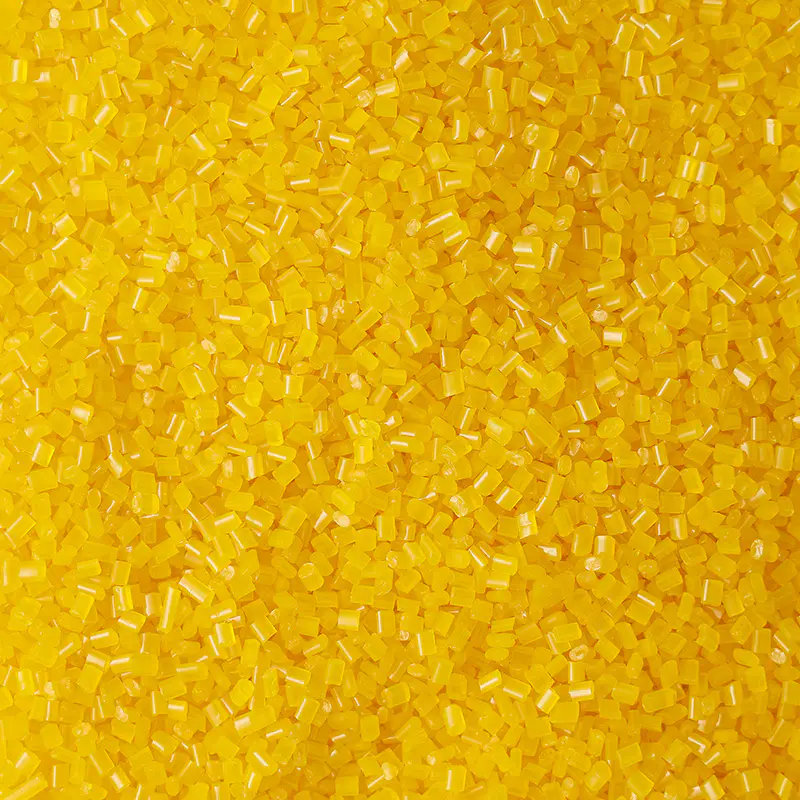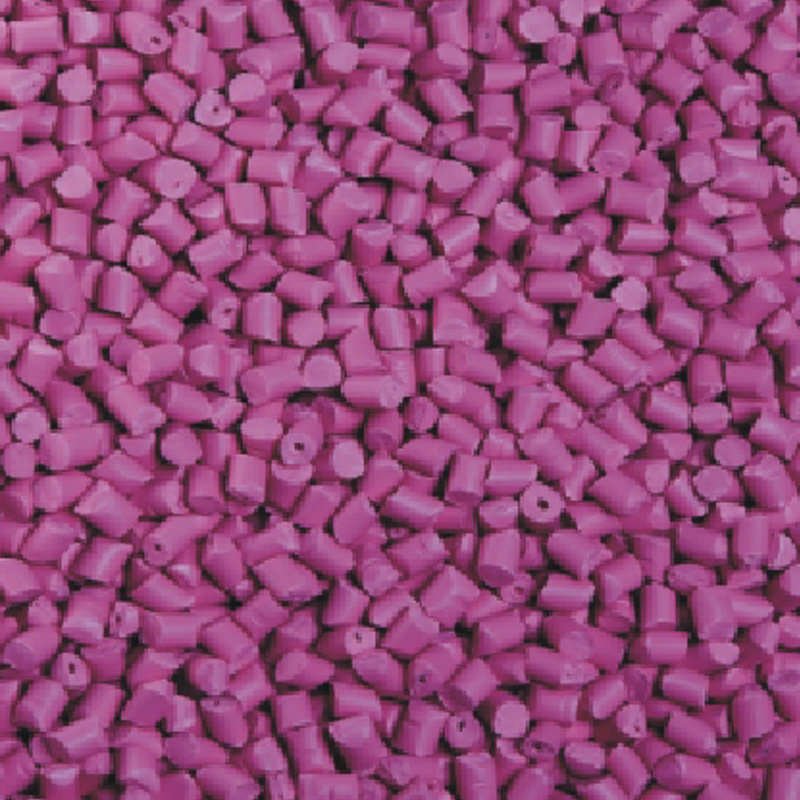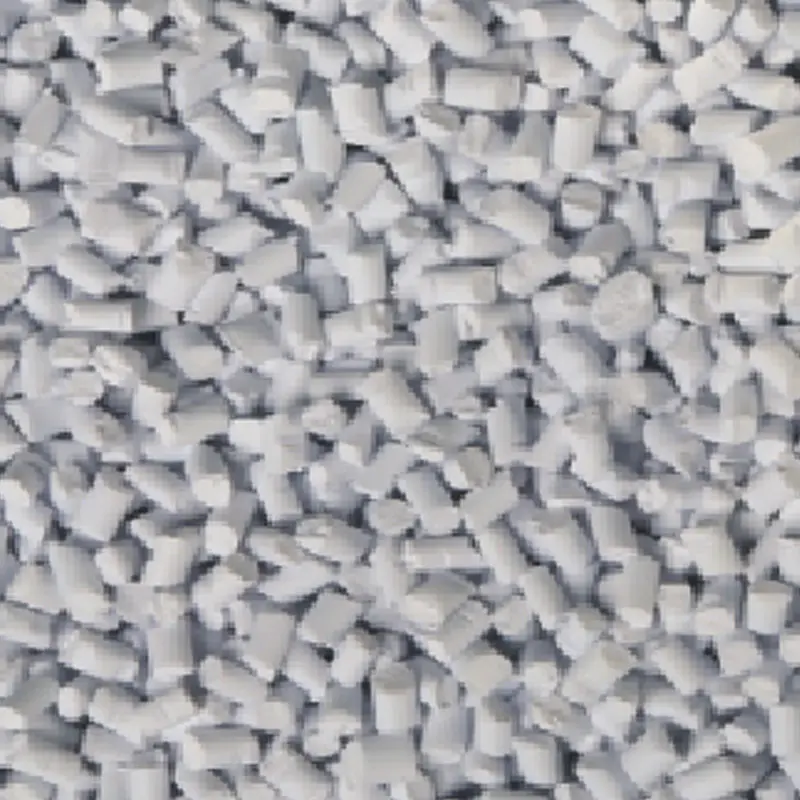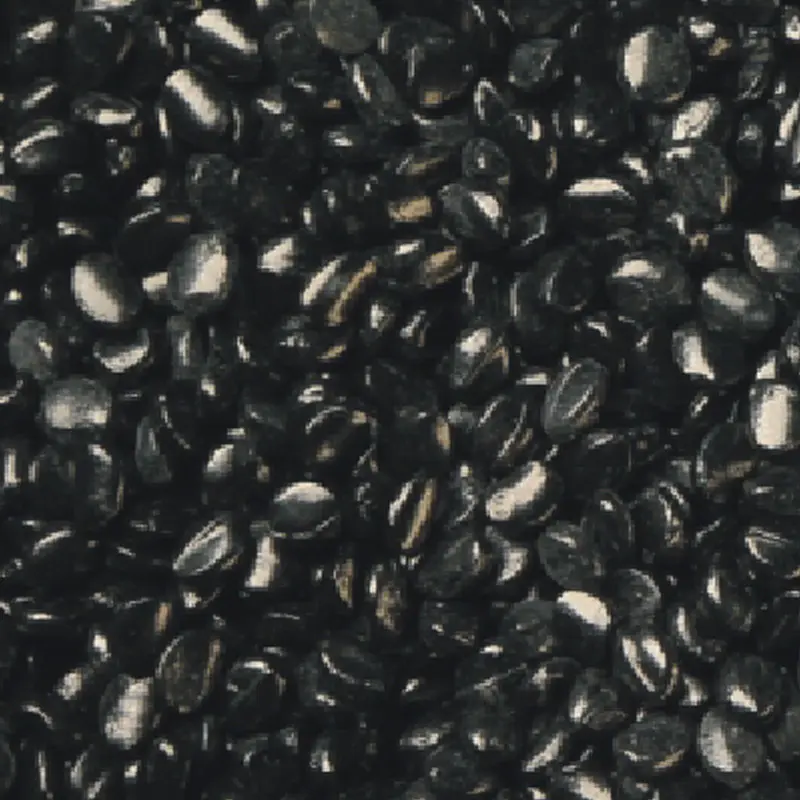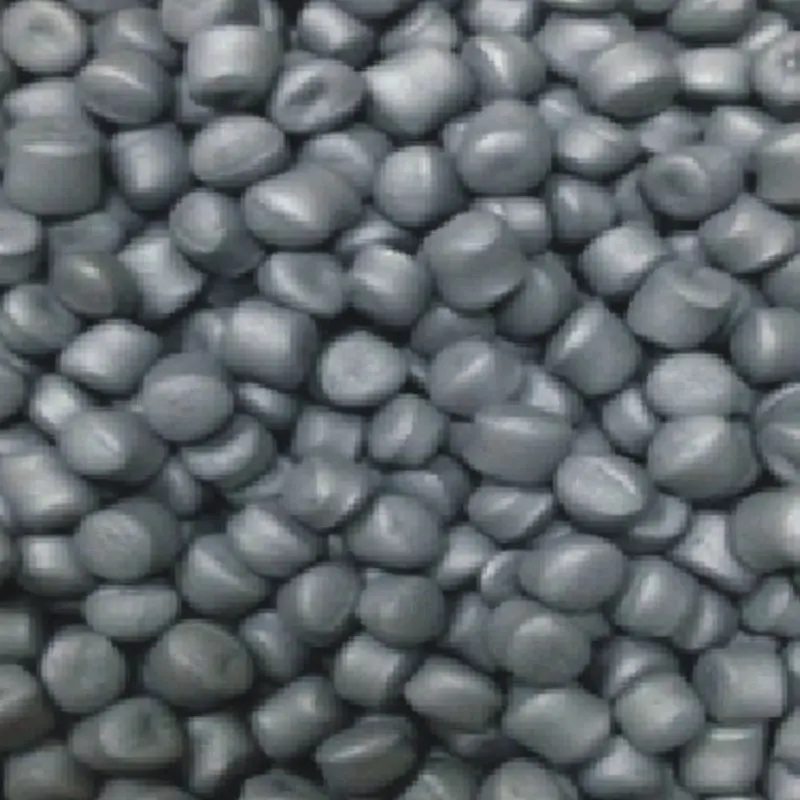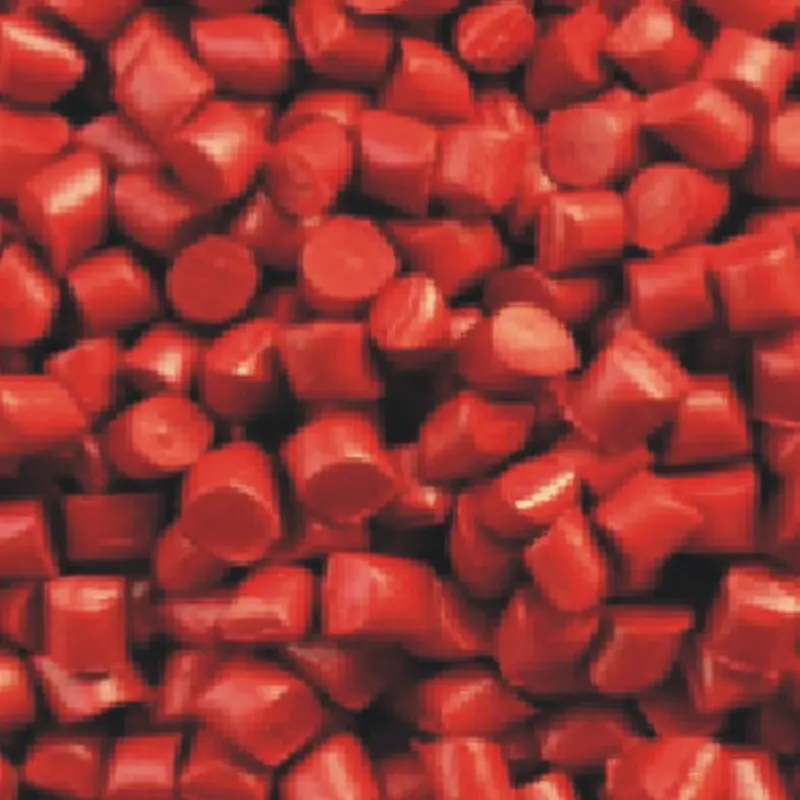In the evolving world of plastic production, manufacturers are constantly seeking materials that enhance product performance, appearance, and functionality. One material that has gained attention across various plastic applications is Functional Masterbatch. This additive plays an important role in improving processing efficiency and the properties of finished plastic products.
A Functional Masterbatch is a concentrated mixture of additives encapsulated within a carrier resin. It is specifically designed to modify or improve certain characteristics of plastic materials during processing. Unlike conventional masterbatches used mainly for coloring, Masterbatch introduces functional additives to meet specific technical requirements, making it an essential component in modern plastic manufacturing processes.
The primary benefit of using Functional Masterbatch lies in its ability to streamline manufacturing operations. By incorporating various additives in a single pelletized form, manufacturers can reduce the complexity of handling multiple raw materials. This results in more consistent mixing, easier storage, and efficient dosing into the production line. The use of Masterbatch can also reduce the risk of uneven dispersion, ensuring uniform product quality across batches.
There are several types of Functional masterbatches available, each designed for different applications and performance enhancements. For example, anti-UV masterbatches help protect plastic products from degradation caused by exposure to sunlight. This type of Masterbatch is commonly used in outdoor furniture, agricultural films, and packaging materials. By preventing discoloration and brittleness, these masterbatches extend the life of plastic products exposed to harsh environments.
Another widely used Functional Masterbatch is the anti-static variant. Plastics used in electronic packaging, automotive components, and household appliances often require properties that prevent static electricity buildup. An anti-static Masterbatch achieves this by dispersing static charges, reducing dust attraction, and the risk of electrical discharge that could damage sensitive components.
In food packaging applications, anti-fog Functional Masterbatch is frequently used. This type helps prevent condensation from forming on the inner surfaces of plastic film or containers, ensuring product visibility and maintaining aesthetic appeal. The application of this Masterbatch contributes to a better consumer experience and extends product shelf life by reducing moisture accumulation.
Slip and anti-block masterbatches are other popular examples of Functional masterbatches in the industry. Slip masterbatches modify the surface properties of plastics to reduce friction, making packaging films easier to handle and process. Anti-block masterbatches, on the other hand, prevent adjacent plastic surfaces from sticking together, which is especially valuable in film production for packaging, agriculture, and industrial use.
One of the advantages of Functional Masterbatch is its versatility in different plastic processing methods. It can be used in injection molding, extrusion, blow molding, and film blowing. This flexibility makes it suitable for a wide range of products, including containers, pipes, films, sheets, and household goods. Manufacturers appreciate the convenience of adding Masterbatch directly to base resins without significantly altering existing production setups.
In recent years, the demand for environmentally conscious plastic solutions has increased the development of biodegradable and compostable Functional Masterbatch options. These masterbatches introduce functional additives that enhance the degradation rate of plastic products under specific environmental conditions. This innovation supports industries working toward more sustainable manufacturing practices while maintaining product functionality.
Quality control is a critical aspect when using Functional Masterbatch in production. Consistent dosing and proper dispersion are necessary to achieve the desired effects without compromising the mechanical properties of the plastic. Manufacturers typically conduct trials to optimize the dosing percentage of Masterbatch according to the product’s design, application, and end-use requirements.
The use of Functional Masterbatch not only enhances product performance but also contributes to reducing overall production costs. By improving processing stability and reducing material waste, manufacturers can increase production efficiency. Additionally, using Functional Masterbatch can reduce the need for post-production treatments, coatings, or additives, simplifying the overall production process.

 English
English Español
Español русский
русский
